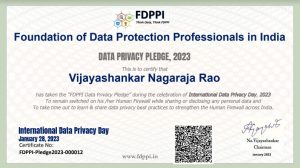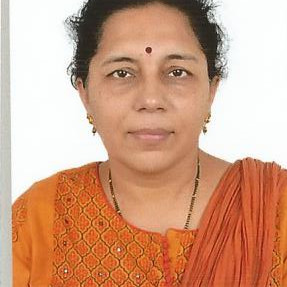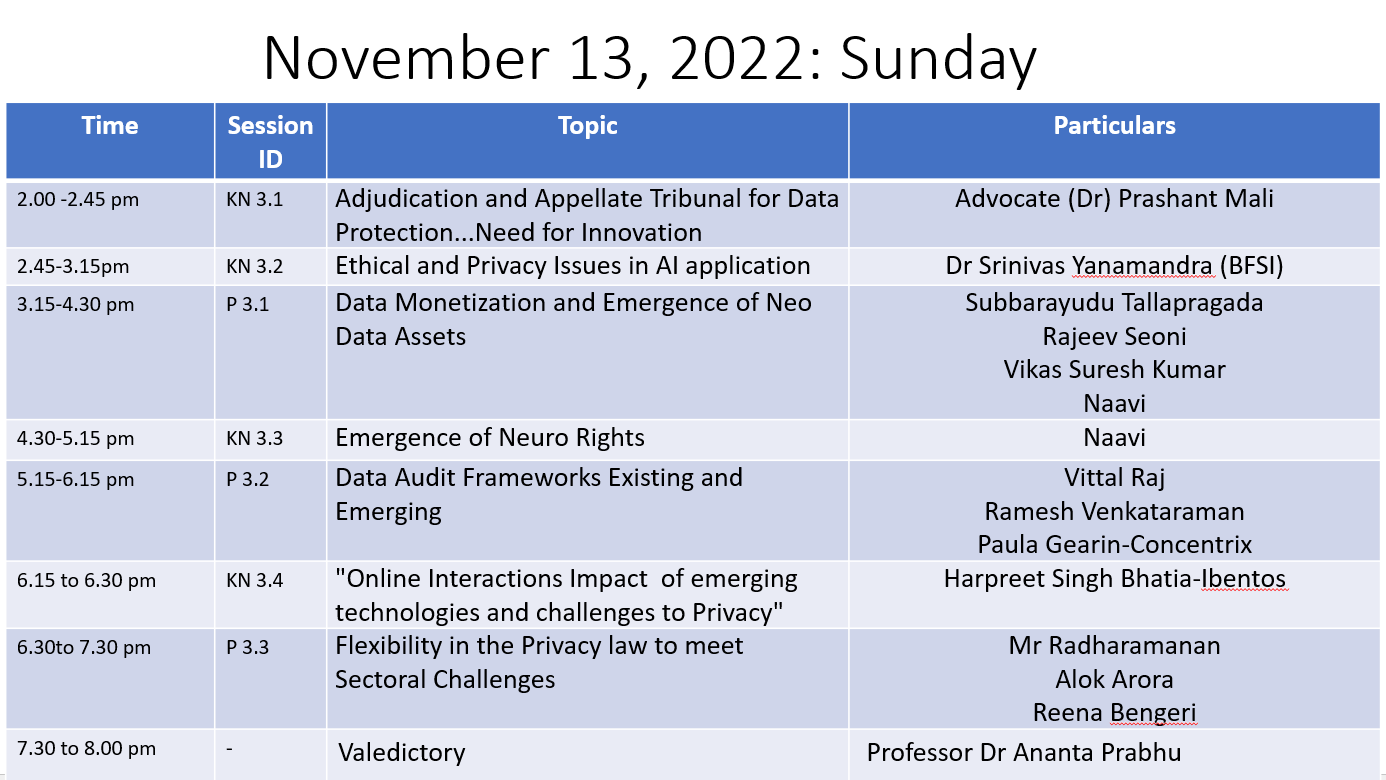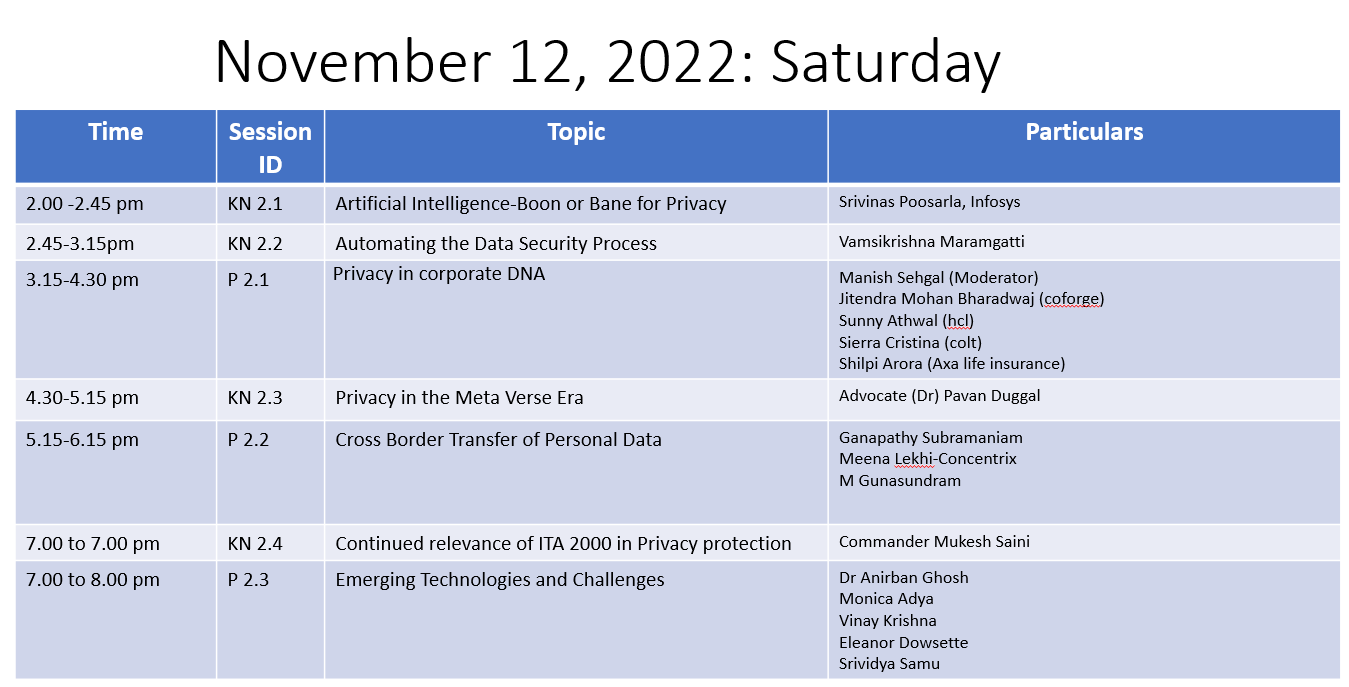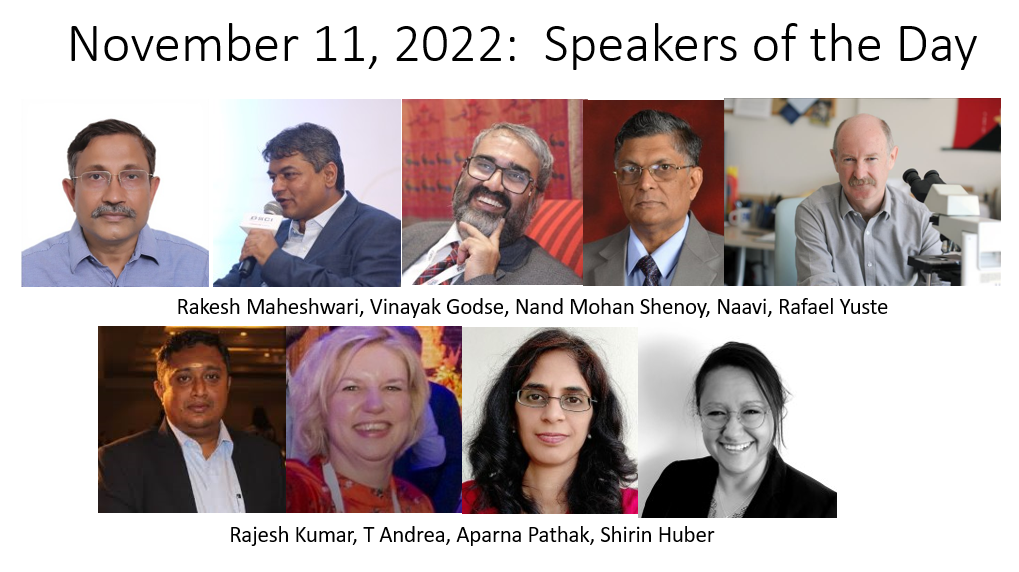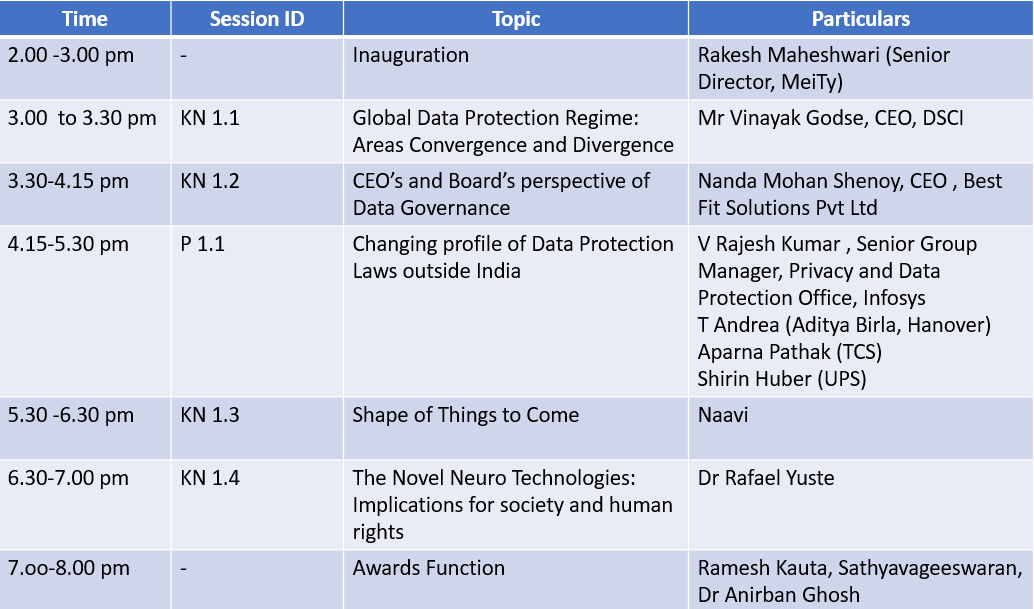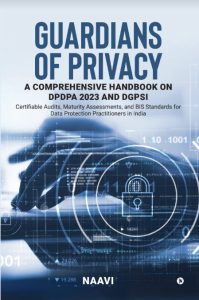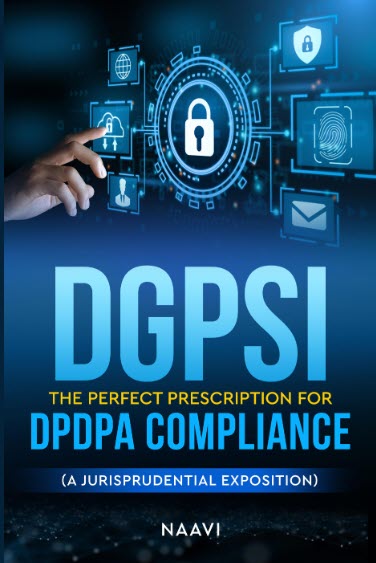FDPPI has so far certified 44 Data Protection Officers besides over hundred professionals who have completed individual modules of the Certification program. They are presently maintained as members of an exclusive DPO club.
Now FDPPI is creating an “Indian Register of Data Protection Professionals” which will consist of all professionals who exhibit a designated level of knowledge related to being a Data Protection Professional in India.
While FDPPI will continue to conduct training programs to develop these skills, direct claim to the entry into these registers will be open to those who are self trained or trained organizations other than FDPPI.
There will be three categories of registration. First category would be based on Self declaration of capability. For this purpose, the experience would also be a criteria. Second category would be based on getting trained through accredited FDPPI programs. The third category is for those passing the FDPPI examination.
All the persons who have currently been in the FDPPI DPO club will be considered as Registered members of level 2 and they need not pay any fees for entry into this register.
New Persons will be registered on the basis of self declaration (watch out for full information in the following announcement) at a fee of Rs 3000/- (Inclusive of GST) as Category-1 registrants.
Those who go through the training programs of FDPPI would be eligible for registration at Category- 2. If they pass the online examination, they will be eligible for Category-3 registration.
Fees for Caegory-2 would be Rs 5000 (inclusive of GST) and Fees for Category 3 would be Rs 9000/-(inclusive of GST). Category-3 registrants are expected to match the requirements to be specified by the Indian Data Protection Board for conducting annual and concurrent Data Audits.
FDPPI may waive the initial registration fee/bundle it with the training fee as it may desire from time to time for those who attend the paid Certification programs. (Eg: Training starting on June 17 where training and examination fee is Rs 40000/-includes the Category 3 registration fee of Rs 9000).
All registrations are renewable once in 3 years at a renewal fee of 50% of the cost of registration now indicated . (Subject to modification)
Since this register is meant to keep track of the skills required on an ongoing basis, the entries will get de-activated if not renewed. Renewal is once in 3 years and will involve a limited online refresher quiz. The renewal fee would be announced by FDPPI in due course.
Those of you who want to include your name in the register may kindly provide the details here.

